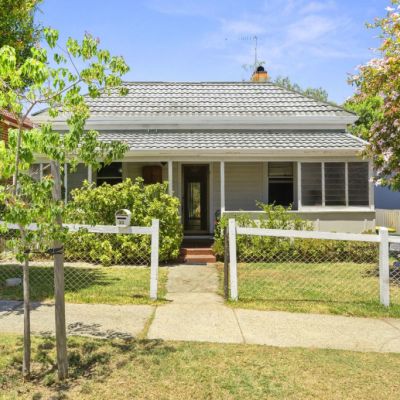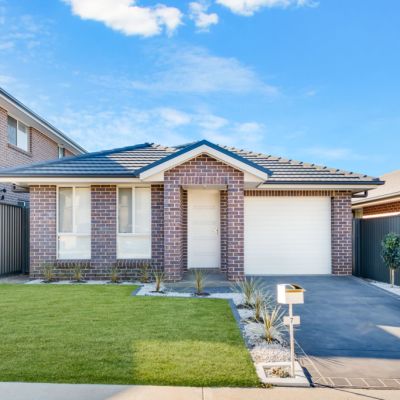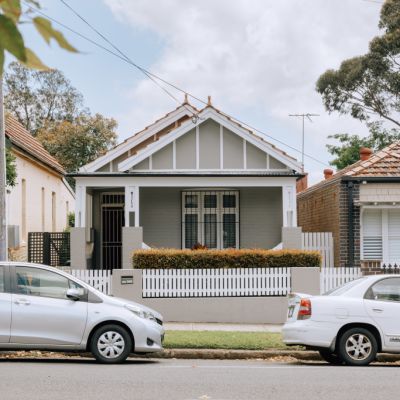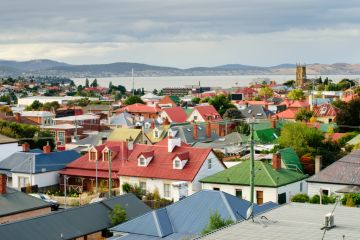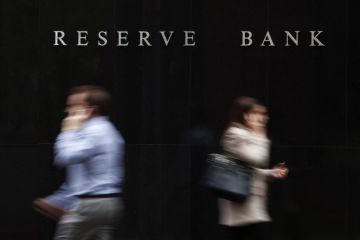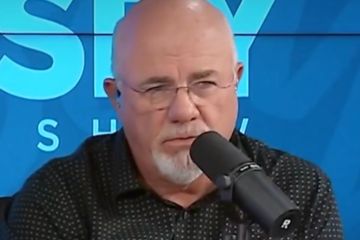April interest rate announcement: RBA holds rates as experts predict post-election hike
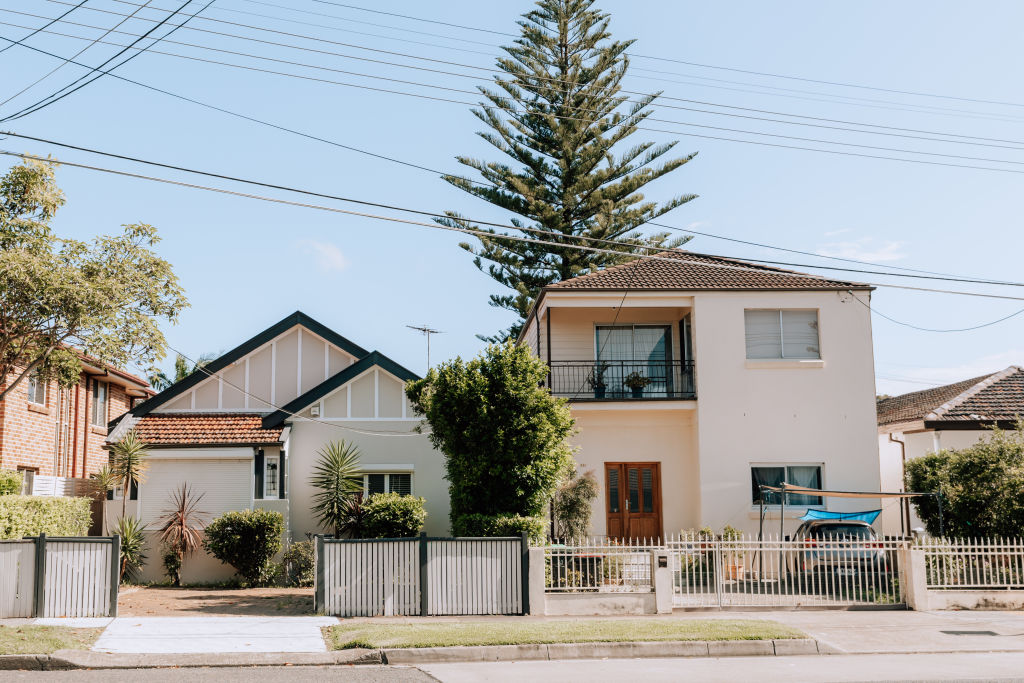
The official interest rate will remain at its historic low of 0.1 per cent, the Reserve Bank board decided at its April meeting on Tuesday. However, a rate rise is likely to come sooner this year than foreshadowed.
Everything will depend on the Consumer Price Index (CPI) that comes out at the end of this month, but the hike could be as early as July, predicts Macquarie Bank chief economist Ric Deverell.
“The CPI is really important, and the rise in that is likely to be quite hefty,” he said. “But [Reserve Bank Governor Philip Lowe] still says he’ll be patient, so we’re thinking the first increase of the rate will be in July or August, especially as wages growth is starting to pick up only very slowly.”
“I think wages will increase, but it will be a gradual process. Australia is in very different circumstances to the US in that we haven’t had the supply side issues or the kind of structural problems they have, and we have a very different wage-setting system.”
The official interest rate in the US was hiked up in March 2022 for the first time since 2018 to a range of 0.25 per cent to 0.5 per cent, with the Federal Reserve indicating that more rises are to follow up to around 1.9 per cent by the end of this year.
The current slowing of price growth of Australian property, however, isn’t so much due to fears of interest rates moving upwards but more because the massive price growth over the past two years has finally hit affordability constraints.
In addition, the news that we may well have hit the peak of the market has influenced a lot more vendors to put their homes on the market in the hope of cashing in on the highest prices, which has brought supply and demand into much more of an equilibrium.
“It’s a bit of a challenge for the Reserve Bank of Australia (RBA) when prices are falling,” said Mr Deverell. “It becomes more difficult for them to increase the rate where there’s been a natural decrease in prices. So perhaps the market has been too hawkish, and the RBA will need to be more careful and gradual.”
In the run-up to a federal election, the implications of an interest rate rise that was too sharp or sudden could be dire for the government too, believes the chief executive of First National Real Estate, Ray Ellis.
“There hasn’t been an interest rate rise for 11 years in Australia, and there are a million householders who have never known a rate rise in terms of their mortgages,” he said. “It will be a shock for many people, but the banks have already factored this into their lending decisions. It will be more of a psychological blow than a monetary one.”
“While the market has slowed, it’s still strong with lots of investors back, buying inner city apartments in Sydney and Melbourne where prices have been softest, although rents are still higher and vacancy rates are so low. Demand is still hectic at auctions, and costs of living rises are creating pressures on wages, so that will lead to rising wages as the economy remains strong.”
The RBA has consistently stated interest rates won’t increase until there is evidence that inflation is sustainably within its desired range of between 2 and 3 per cent. In a statement, the Bank acknowledged that inflation has picked up and is set to increase further, but said “growth in labour costs has been below rates that are likely to be consistent with inflation being sustainably at target.”
Any rate rises will be incremental in any case. Brodie Haupt, co-founder and chief executive of digital lending and payments provider WLTH, believes the first rate increase will see the cash rate only go up to 0.25 per cent and then to a maximum by mid-2023 of 1.25 per cent.
“We’re seeing wages rising in construction and the tech sector because of shortages of skills, and then those will spread slowly to the rest of the economy,” he said.
“I think the decline in the auction clearance rate in the last six weeks shows that people are being a bit careful and cautious in the lead-up to the election, but demand for property is still there, especially as more international migrants arrive.”
In previous years, that nervousness over imminent rate rises might have seen people being exhorted to stop spending money on takeaway coffees and smashed avocado to make their mortgages more manageable.
Now they’re more likely to refinance those mortgages, shopping around and locking in fixed rates and taking the cash sweeteners some banks offer to secure their business.
A 2021 report from PEXA showed that nearly 364,000 property refinance transactions were recorded nationwide last year, a 28 per cent increase on 2020.
We recommend
Three signs you are in mortgage prison and how to break free
How long does it really take to get a home loan these days?
We thought you might like
States
Capital Cities
Capital Cities - Rentals
Popular Areas
Allhomes
More
